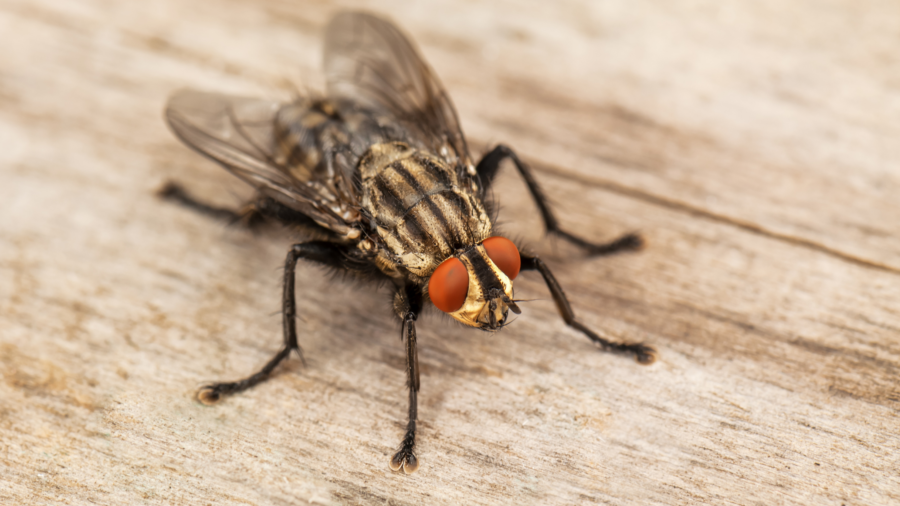READY TO GET STARTED?
REQUEST A FREE ESTIMATE
Fill out the form below or call (888) 466-7849 for a free, no-obligation estimate.

House flies are a common nuisance in homes across Georgia, often making their presence known with their incessant buzzing and quick movements. Understanding why these pests enter homes, the risks they pose, and how to prevent them can help you maintain a house fly free environment. This blog will explore the characteristics of house flies, why they infest homes, and effective strategies for keeping them out.
House flies (Musca domestica) are the most common fly species found in homes. They are medium-sized, typically measuring about 1/4 inch long. House flies have gray or black bodies with four dark longitudinal stripes on their thorax. Their eyes are notably large and compound, providing them with a wide field of vision. The life cycle of a house fly includes four stages: egg, larva (maggot), pupa, and adult. Under ideal conditions, this cycle can be completed in as little as seven to ten days, allowing large numbers to develop quickly.
House flies enter homes primarily in search of food, warmth, and breeding sites. They are attracted to a wide variety of organic materials, including food waste, decaying matter, and animal feces. Kitchens, garbage bins, pet areas, and even indoor plants can become attractive breeding sites. Flies are particularly adept at finding tiny openings in windows, doors, and vents, which they use to gain entry.
During cooler months, house flies seek warmth, which makes homes an attractive refuge. They are also drawn to the scent of food and garbage. Poor sanitation and improperly sealed entry points can exacerbate the problem, leading to an infestation.
While house flies may seem harmless, they can pose significant health risks. The house fly is known to carry and transmit a variety of pathogens, including bacteria, viruses, and parasites. House flies can contaminate food and surfaces with these pathogens, leading to illnesses such as food poisoning, dysentery, and respiratory infections. The fact that house flies frequently feed on waste materials further increases the risk of disease transmission.
In addition to health risks, house flies can be a general annoyance. Their presence can be unsettling, and they can quickly multiply, becoming a larger issue if not addressed promptly.
Preventing house flies from entering your home requires a combination of good sanitation practices, physical barriers, and, if necessary, professional pest control services. Here are some effective strategies:
House flies are more than just a minor inconvenience; they pose real health risks and can be a persistent problem if not properly managed. By understanding why these pests enter homes and implementing effective prevention measures, you can keep your living space free of flies. Remember, maintaining cleanliness, eliminating breeding sites, and sealing entry points are key steps in preventing a house fly infestation. For more persistent issues, a professional pest control company can offer comprehensive solutions.
Categories